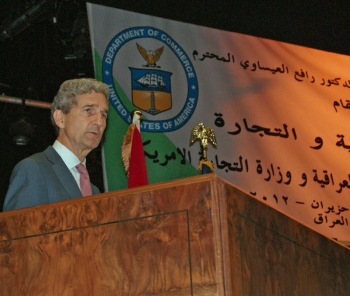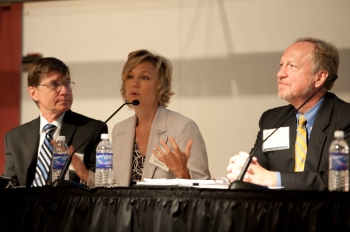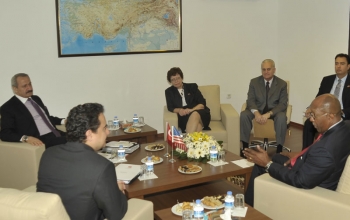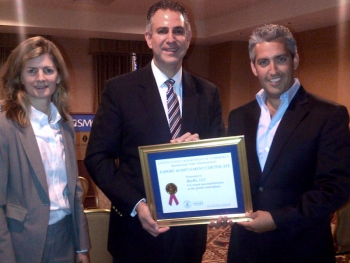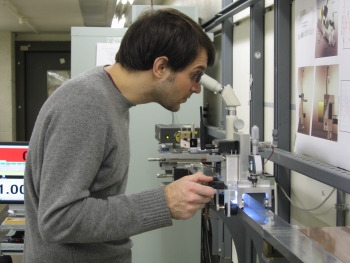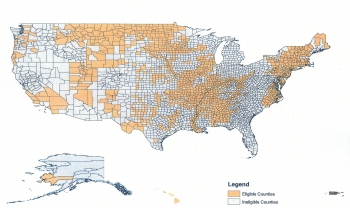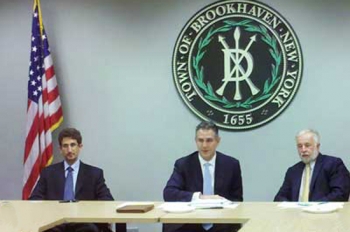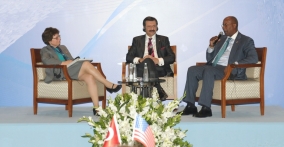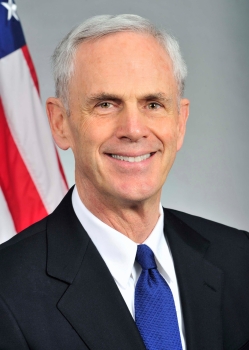General Counsel Kerry Leads Administration Efforts to Support Long-Term Economic Growth in Iraq
Guest blog post by Cameron F. Kerry, Department of
Commerce General Counsel
On June 28, 2004, Iraq's first democratically elected government assumed full
sovereign authority. Eight years later, I joined Iraqi counterparts to
discuss Iraq's next great challenge: integrating itself into the world economy.
Overcoming this challenge is a critical step in Iraq's transition since, as
President Obama has noted, “Iraq is assuming its rightful place among the
community of nations.”
The Department of Commerce mission in Iraq is to help the country assume this
role while working to expand and facilitate increased U.S. business
opportunities. As part of this mission, I had the honor of co-hosting
two conferences focused on Iraq’s economic growth strategy. Iraq faces the
challenge of generating trade and investment at the same time as managing the
expansion of its resource wealth to ensure economic diversification. While
these challenges are significant, I was encouraged by the universal agreement
between panelists, government officials, and private sector representatives
that these challenges can be overcome by the adoption of a commercial law
framework that emphasizes predictability, transparency, and economic security.
The first of these conferences, co-hosted by Iraq’s Minister of Finance Rafi
al-Issawi, brought together experts from U.S., multilateral, and private institutions
to discuss with Iraqi counterparts how under-developed commercial law and
financial mechanisms can act as barriers to trade and investment. A common
theme in the two days of discussion was how the rule of law is vital to a
welcoming economic environment in Iraq in which U.S. and Iraqi businesses can
predict and plan their investments, purchases, and sales with greater
certainty.


